Warning: This article contains major spoilers for Ant-Man and the Wasp: Quantumania
Following 16 years, 31 films, and countless television series, The Marvel Cinematic Universe has finally reached a breaking point with Ant-Man and the Wasp: Quantumania. With Marvel and Kevin Feige’s intent of continuing the series and pushing forward with the Multiverse Saga, we’re quickly running out of breathing room before this franchise expires.
Quantumania is symptomatic of a lot of problems, with some of which can be fixed in order to get the MCU back on track. But what has gone wrong, and what is the crux of the issue with the Ant-Man threequel?
The stakes are made higher, then higher again, and higher once more
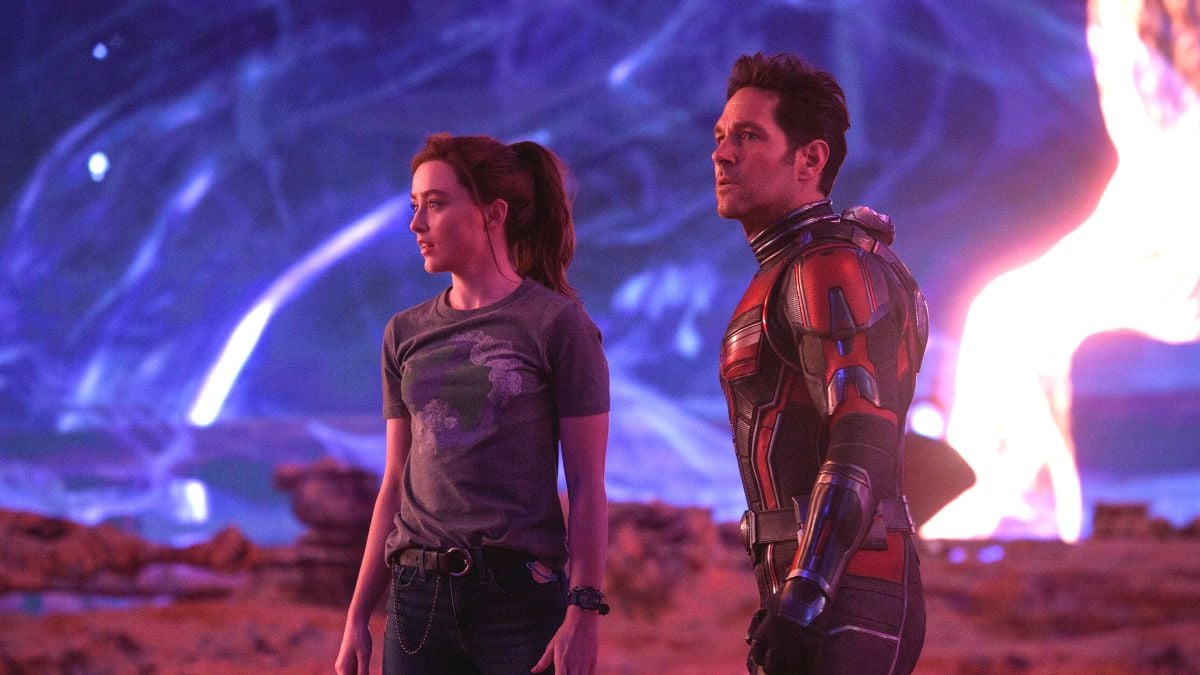
Since Avengers: Endgame, there’s been a tonal discrepancy in a lot of Marvel releases. Some would say this comes from Marvel Studios wanting to try different things, but each of them has ended up with a world-altering event and too much lore required for newcomers.
The television series are now almost required viewing for every new release, and it’s becoming tiring. Of late, I’ve often attended Marvel movies with my mother, who has no real clue of the canon, but watches certain individual films because she likes a certain actor. In the case of Doctor Strange in the Multiverse of Madness, it was Benedict Cumberbatch. In Ant-Man’s case, it’s been Paul Rudd.
Unfortunately for her, she isn’t given the full picture of what leads to each movie because asking someone to watch several hours of extra content isn’t a viable strategy. She didn’t really get why Scarlet Witch did what she did in Multiverse of Madness, and she certainly had no clue why there was much reason to get too excited by Kang showing up.
Even my dad, who has seen most of the series, can’t really be expected to remember every in-and-out for the franchise. The MCU is just too big now. Too many plots intertwine, which ends up seeing the films become convoluted and stuck between ideas. If you wanted to introduce a new person to the series, you’d be pretty lost trying to give them the right place to start without just watching every movie.
Betraying its own characters
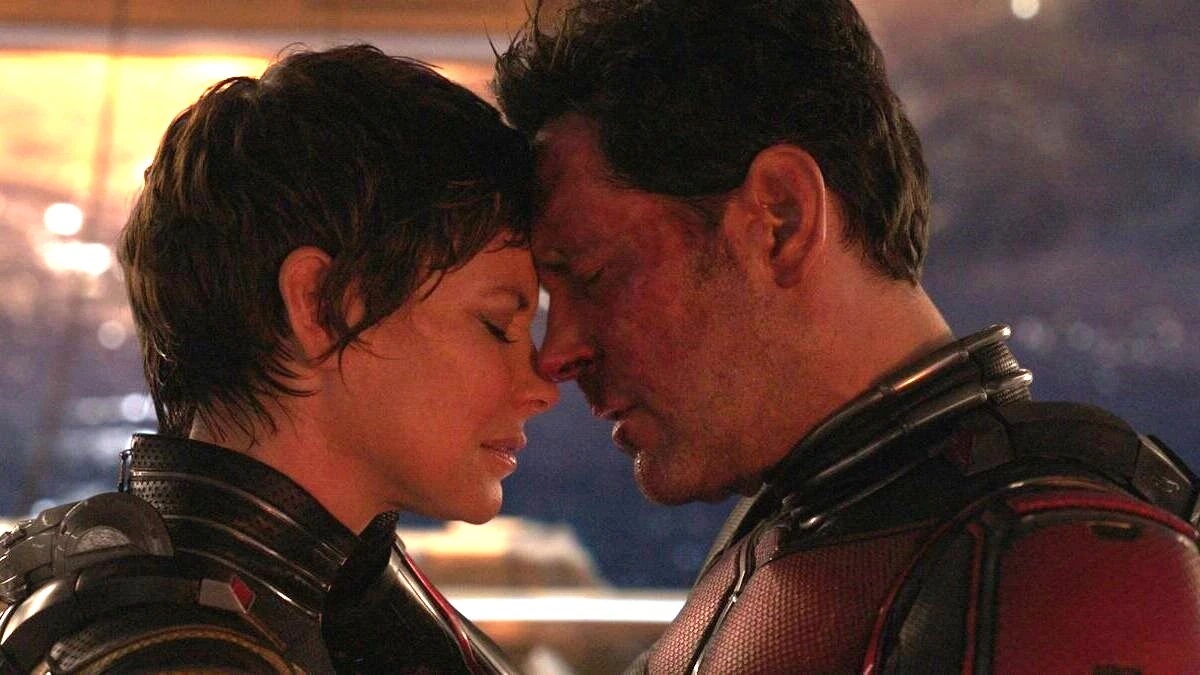
Something which really stood out about the first two Ant-Man films, and his general use in the MCU, is how inconsequential his stories are meant to be. Intentionally small in scale like the hero, both of the first two films come across more as heist action flicks than end-of-the-world dramas. The humanity of the setting complimented the comedy and made it feel like the family friendly series it’s meant to be.
By Quantumania, we’re stuck almost entirely in sound stages, blue-screen filming, and outside of reality. While the Quantum Realm is certainly home to some fun and weird designs, by the hour mark you miss the human factor of Earth. Ant-Man’s San Francisco setting was easy to watch and allowed it to feel like a typical Marvel comic.
Quantumania, though, feels like a hodge-podge of different ideas. Worst of all is the plot so clearly being a world-ending catastrophe in the making. Looking back at the first two films, whether or not Ant-Man is there doesn’t really impact the result of the villain’s plots. In Ant-Man, Darren Cross would just go insane as all the illegal bidders realize the suits turn you into a manic mess and slowly kill you. In Ant-Man and the Wasp, a moron would get his hands on a suitcase-sized warehouse he has no idea how to use and presumably die figuring it out.
A smart tactic embraced by the first two is they both came after massive team-up movies, and worked as palate cleansers. Before Ant-Man was Age of Ultron with a world-ending event, and before the sequel was Infinity War. The comparatively fun tone was exceptional for restoring a feel-good factor and utilizing comic book silliness after such abyssal deep lows.
By the threequel, if Ant-Man is unable to stop Kang the Conqueror, then everybody in every universe is doomed to be killed or ruled by a genocidal maniac with god-like powers. It must also be noted Kang’s quest doesn’t have much humanity to it. He’s charismatic and entertaining, but once he wins he’ll essentially end up like the “evil” Doctor Strange variants from Multiverse of Madness, completely lonesome and bitter. The difference there is we know the Strange variants are driven by never being able to get the one they loved.
Cliché, but hits a lot harder than just a guy who is destined to conquer the world and has thousands more of him. Nothing against Jonathan Majors’ performance, but he’s not given anything to make it much more than a commanding screen presence. Compare him to Thanos who is undoubtedly evil, but has a viewpoint you’d probably just about entertain in a pub discussion. I’m not even sure Kang knows why he’s doing what he’s doing.
The solution
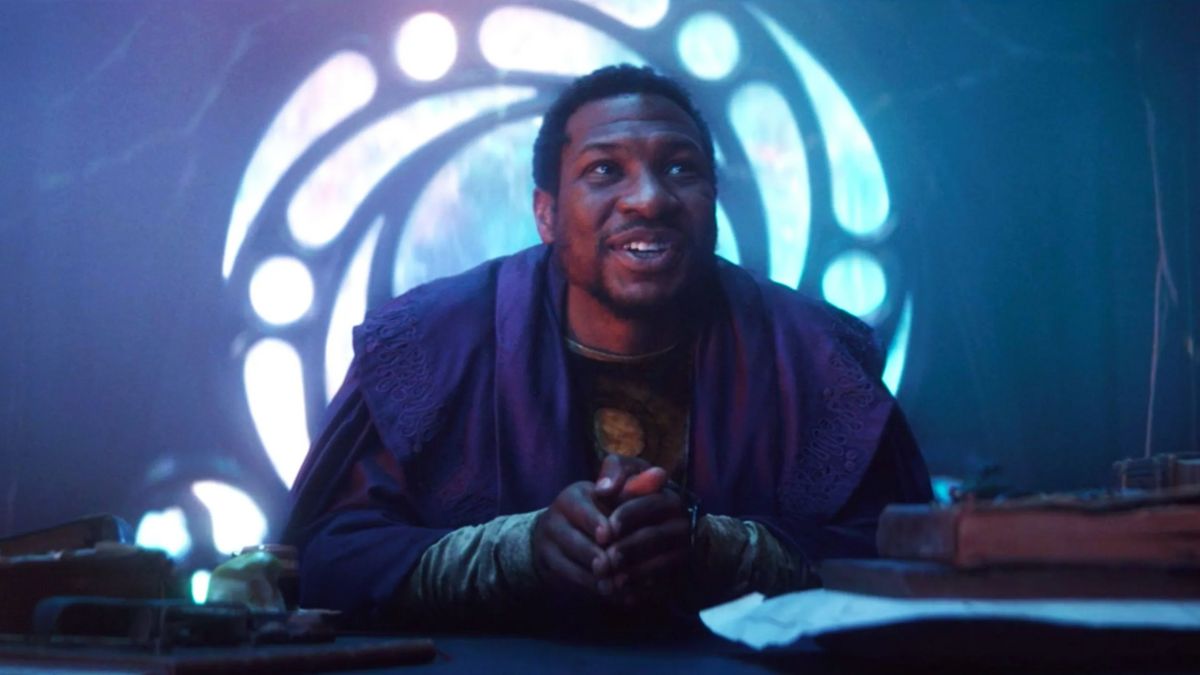
With a ridiculous amount of movies already greenlit, being filmed, or in early development, there’s very few realistic options to stop the series from bleeding out creatively. So many actors have already signed multipicture deals for the next 5-10 years, but this feels akin to giving an athlete a five-year deal when the manager is about to be sacked. The most obvious option right now is to scale down releases per year, which Feige has already alluded to as the first reviews of Quantumania came out.
One simple solution I think would work well, although may rub Disney the wrong way, is having a full recap of what you need to know during the trailers — akin to an episode recap in a television series. You’re expecting everyone to be up to date, but a little reminder can go a long way — even for hardcore fans.
The other is slightly more radical, but would fall much more in line with the comics books they’re based on. Just completely reset the universe. DC does this pretty much every decade in the comics, and Marvel has done variations on this in the past so they can tell new stories. Once this Multiverse Saga is up, just ice the universe and put it on hold for several years.
Marvel fatigue has sunk in hard, and the critical responses show this pretty well also, as fans seem to not be as interested. There’s a new release far too often, and they’re all too big of an event. While it’s not a perfect comparison, Quantumania feels like the Hello, Dolly for the superhero genre — a sign we’ve reached oversaturation and a change of the guard in what audiences want.
Feige’s vision should absolutely be applauded for the first decade of films, but they’ve become too comfortable within themselves, and Quantumania just feels nothing more than a trailer for the next film; which will probably be even more of the same, but with a different coat.

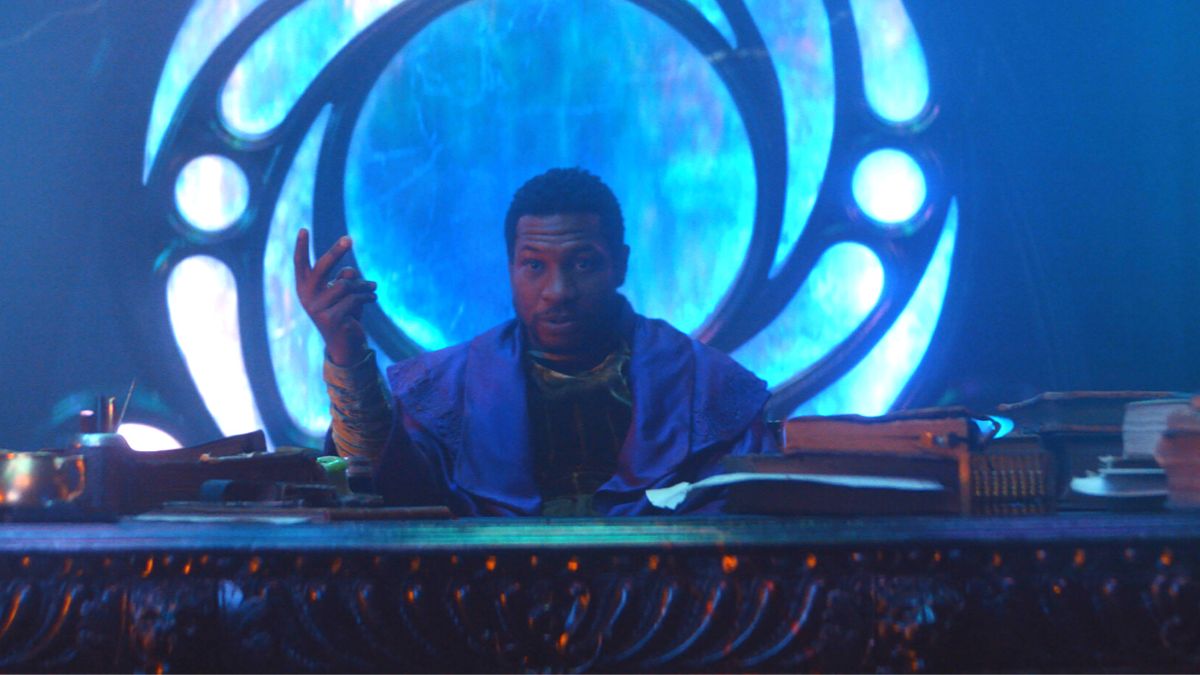
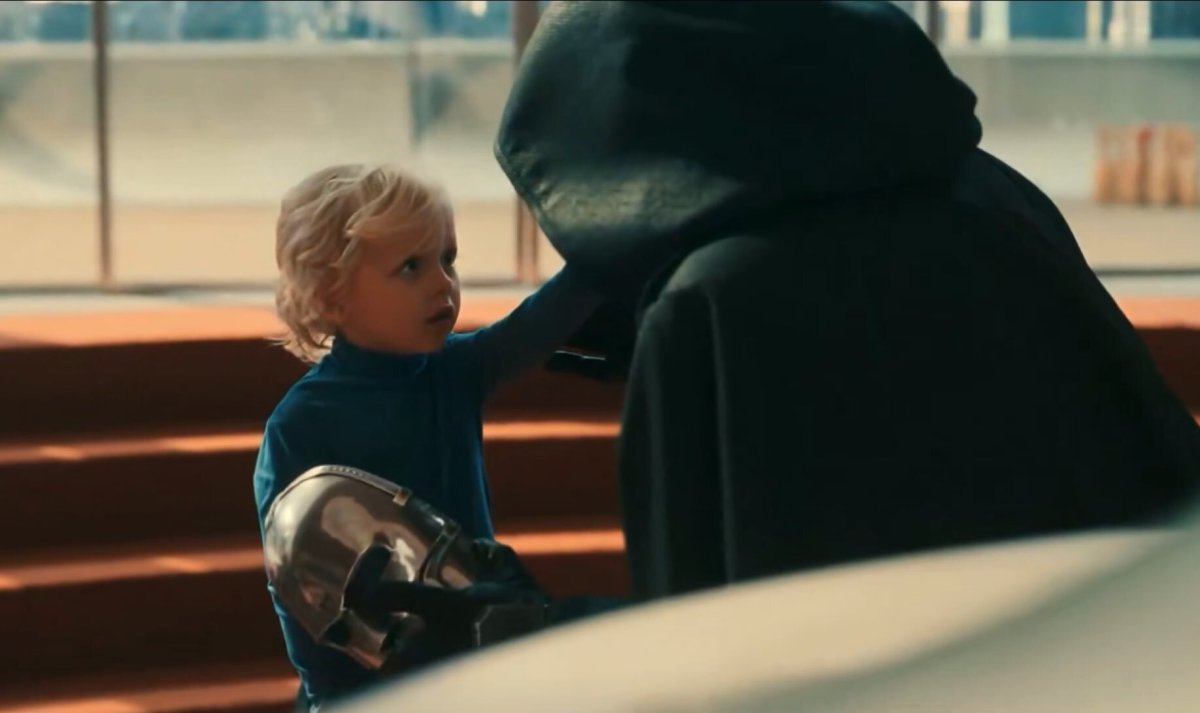
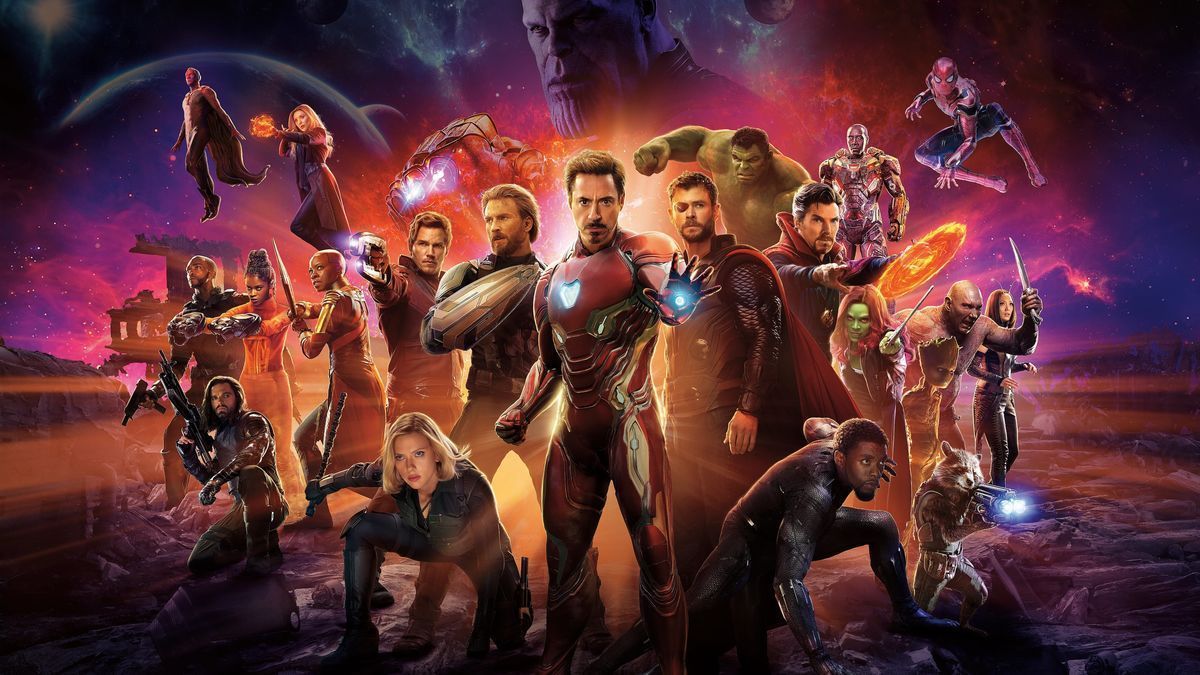
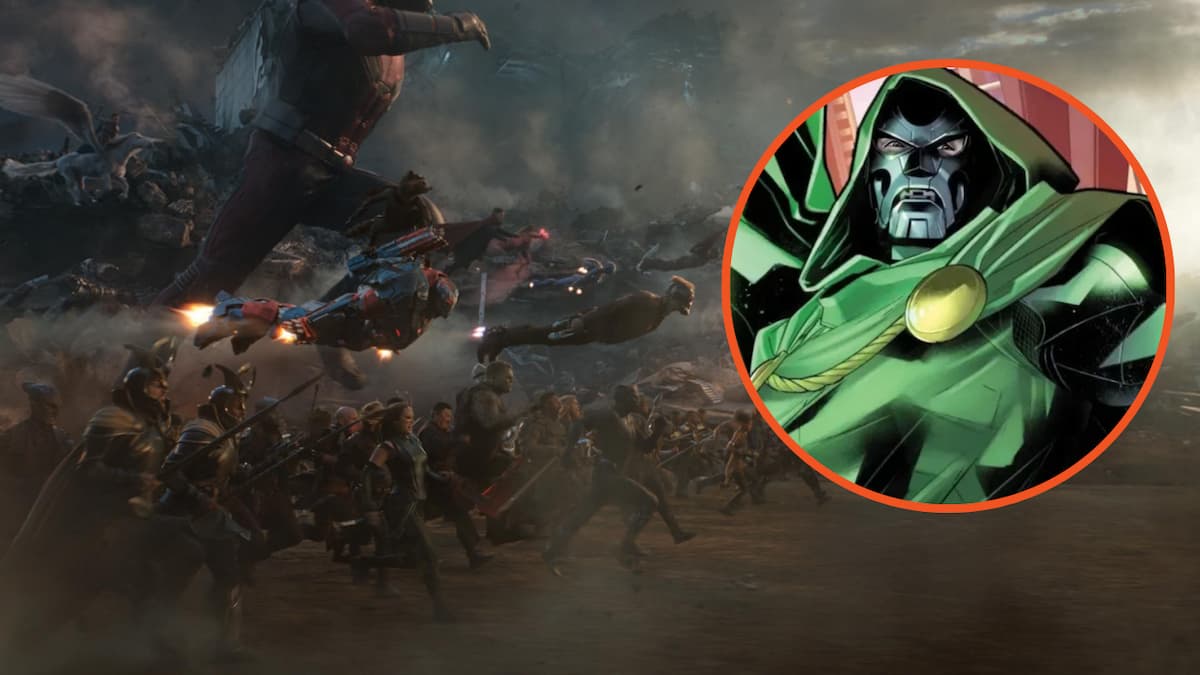
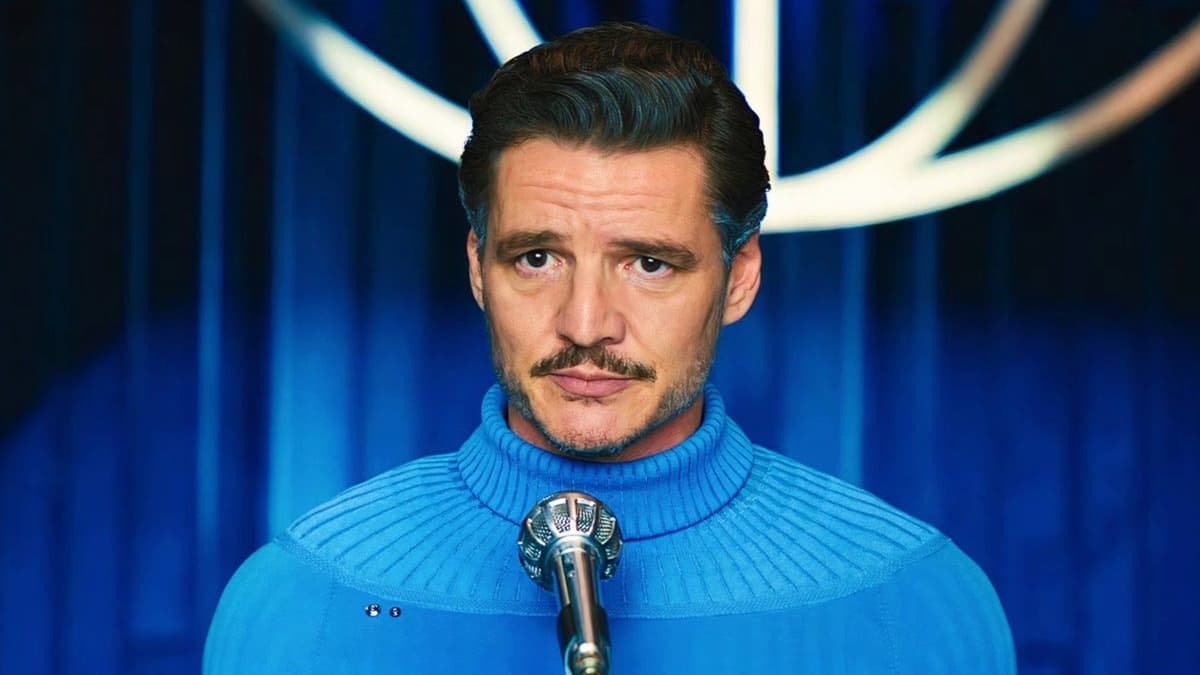
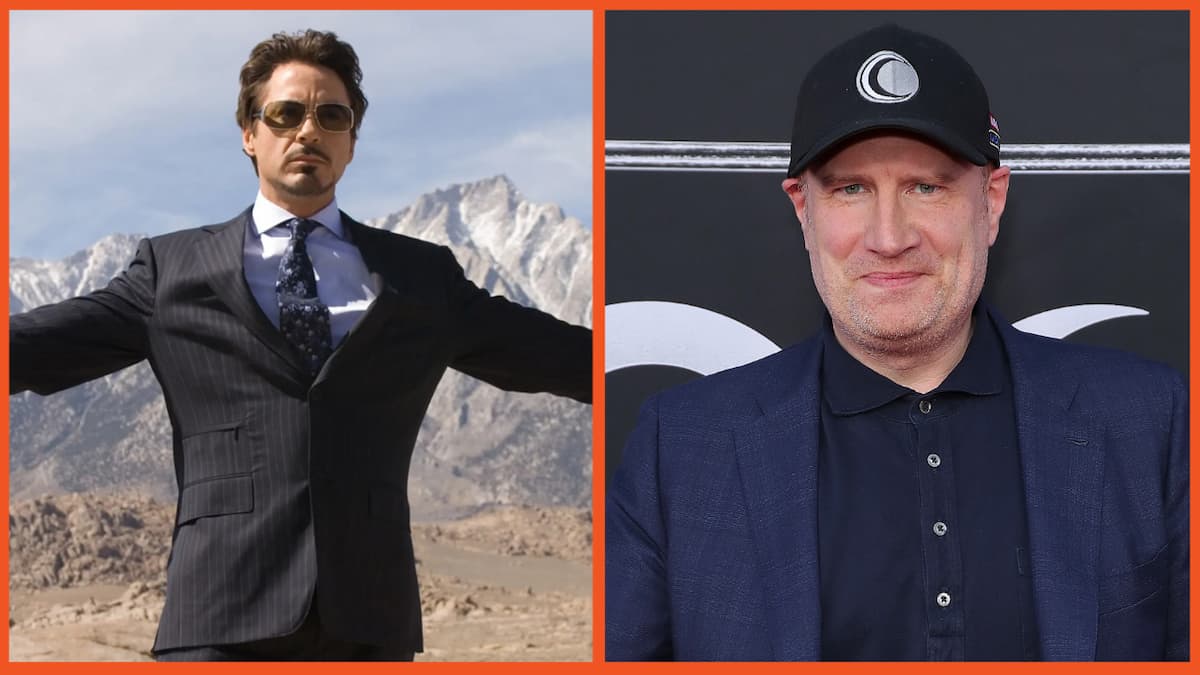
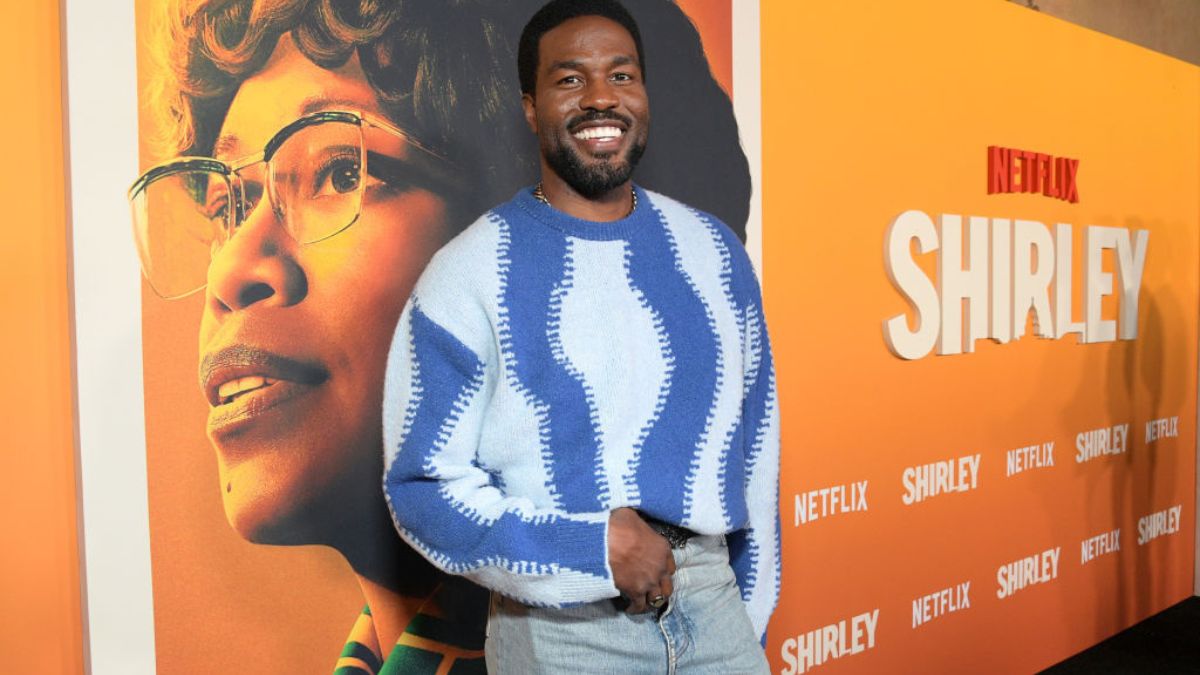
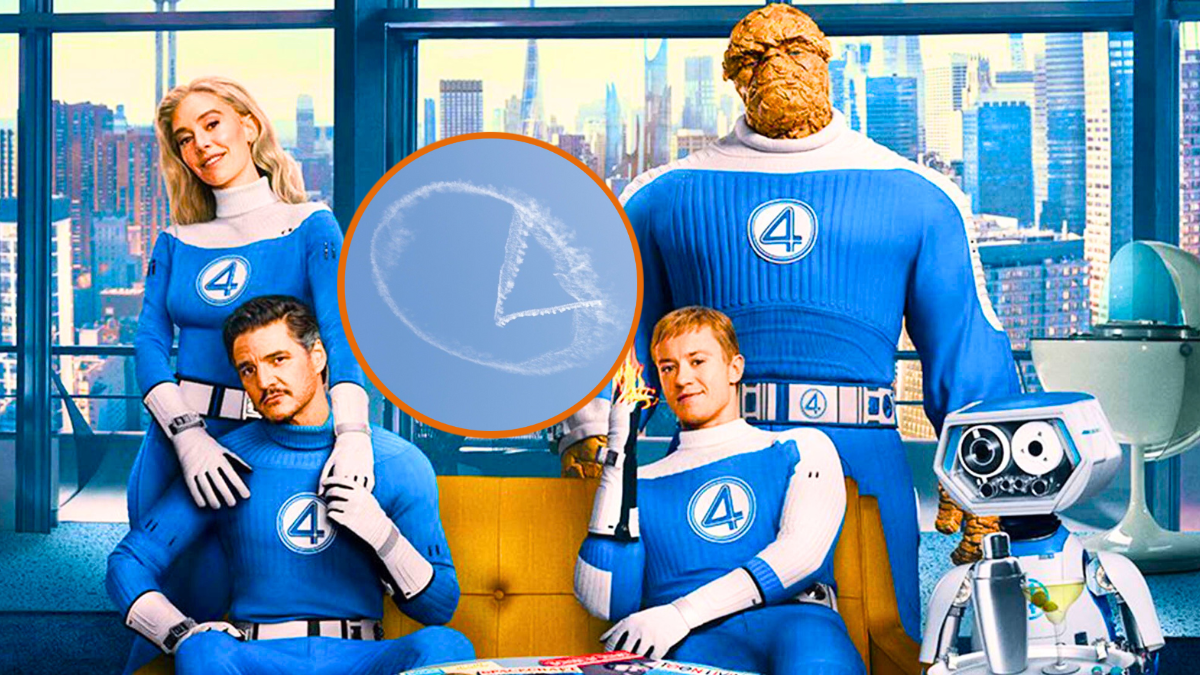
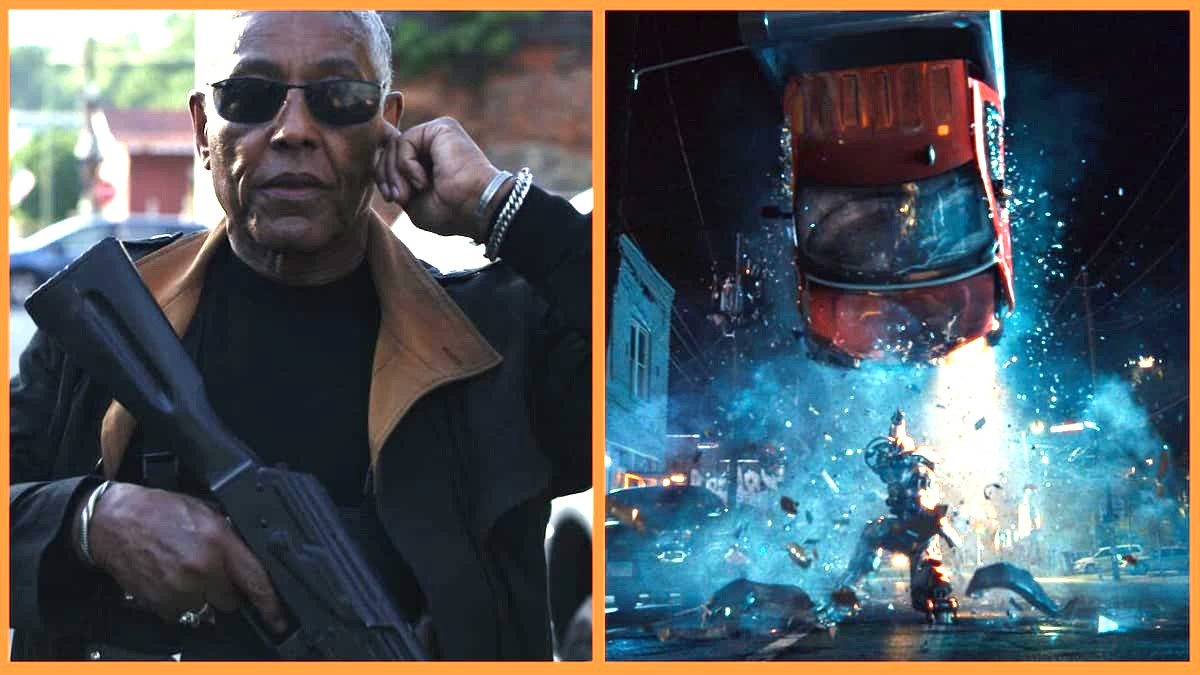

Published: Feb 16, 2023 05:53 pm